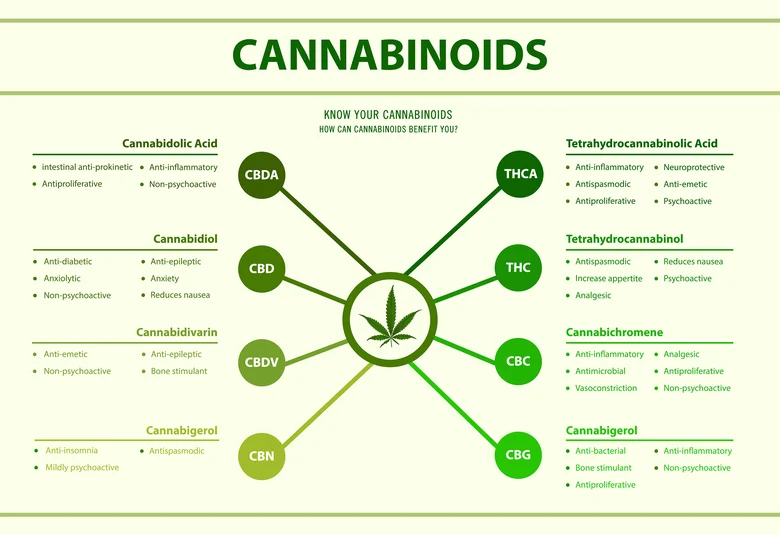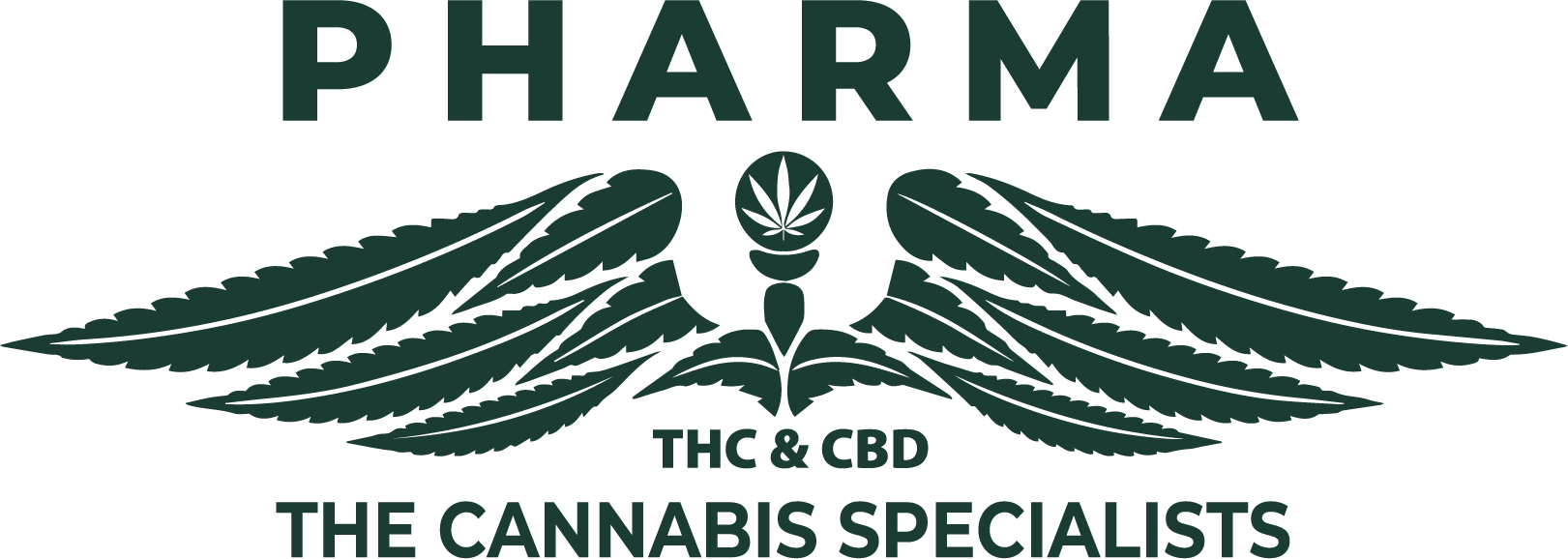THCA vs THC: What’s the Difference in Cannabis Compounds?

Understanding the nuances between THC and THCA can help consumers make informed decisions about their cannabis consumption. But THC vs THCA? These cannabinoids, while related, have distinct properties and effects. This article will delve into the specifics of THC (for example, Delta 8 THC) and THCA, their methods of consumption, legal status, and how to choose between them.
Whether you’re a seasoned cannabis enthusiast or just starting to explore the world of cannabinoids, knowing the difference between THC and THCA effects is super important. These two compounds might sound similar, but they offer unique experiences and benefits. Think of THC as the life of the party, delivering that famous high and a host of therapeutic perks. Meanwhile, THCA concentrates are like its cool, laid-back cousin, providing potential health benefits without the psychoactive punch. We’ll break down everything you need to know about these two, from how you can consume them to their legal status and tips on deciding which one might be right for you. So, let’s dive in and get to know these fascinating cannabinoids a little better!
THCA vs THC: What Is THC?
THC, or tetrahydrocannabinol, is the primary psychoactive compound in cannabis, known for inducing a euphoric sensation often associated with marijuana use. When THC interacts with cannabinoid receptors in the brain, it produces effects such as euphoria, altered time perception, increased appetite, and relaxation. Whether for relaxation or medicinal purposes, THC remains a cornerstone of cannabis consumption. If comparing THC vs THCA, THC is valued for potential tranquilizing benefits.
What is THCA Flower?
THCA, or tetrahydrocannabinolic acid, is like the younger sibling of THC. It’s the non-psychoactive precursor to THC found in raw and live cannabis plants. When you heat up cannabis through smoking, vaping, or cooking, THCA transforms into THC in a process called decarboxylation. While THCA flower won’t give you delight, it packs its own punch with a bunch of potential health benefits. Researchers are really digging into THCA because it seems to have some impressive properties. It might help reduce inflammation, protect your nerves, combat nausea and vomiting, and even slow down the growth of certain cancer cells. All these benefits make THCA concentrates a hot topic in the world of medical cannabis. So, if you’re looking to enjoy the health perks of cannabis without the high, THCA might be your new best friend.
Methods of Consuming THC and THCA Flower
When it comes to enjoying the benefits of THCA and THC, there are plenty of ways to consume these cannabinoids, each offering its own unique experience. Whether you’re looking to get the full psychoactive effects of THC or the therapeutic benefits of THCA flower, knowing the different consumption methods can help you choose what’s best for your needs. From smoking and vaping to edibles and raw consumption, let’s explore the various ways you can incorporate THC and THCA concentrates into your routine.
| Method | THC | THCA |
| Smoking/Vaping | Decarboxylates into THC for immediate effects | Decarboxylates into THC, providing psychoactive effects |
| Edibles | Offers longer-lasting but delayed effects | Limited availability, as cooking converts THCA to THC |
| Tinctures/Oils | Quick absorption sublingually | Available in non-psychoactive, raw form |
| Raw Consumption | Not applicable | Juicing raw cannabis or adding to smoothies for non-psychoactive benefits |
THC and THCA Dosage
Dosage guidelines for THC and THCA vary due to their distinct effects. THC, known for its psychoactive properties, should be started at low doses to manage its intoxicating effects. For instance, beginners might start with 5-10 mg of THC in an edible form.
THCA, initially non-psychoactive but converting to THC when heated, focuses on potential benefits like reducing discomfort. THCA dosage recommendations should also begin conservatively, such as starting with 10-20 mg of raw cannabis juice.
THCA vs THC Legality: How Laws Vary by Location?
The legal status of THC and THCA can be pretty confusing because it varies a lot depending on where you are. Which is legal, THCA vs THC? THC, the cannabinoid that gets you bliss, is classified as a controlled substance in many places due to its psychoactive effects. However, some regions have legalized it for medical and recreational use, so it really depends on the local laws. THCA, on the other hand, is a bit of a gray area. Since it’s non-psychoactive, it’s not always specifically regulated, making it easier to find in some places. But because THCA can turn into THC when heated, it sometimes falls under the same legal restrictions. So, it’s always a good idea to check the rules in your area before using either THC or THCA concentrates.
Choosing Between THC vs THCA
Deciding whether to use THC or THCA comes down to what you’re looking to get out of your cannabis experience. Each cannabinoid offers unique benefits and effects, so your choice will depend on your personal needs and preferences. Are you after the psychoactive high that THC provides, or are you more interested in the potential health benefits of THCA without the high? Let’s break down THC vs THCA.
| Preference | Recommended Cannabinoid |
| Seeking psychoactive effects | THC |
| Therapeutic benefits without psychoactive effects | THCA |
| Incorporating cannabis into the diet (raw consumption) | THCA |
| Quick relief through smoking/vaping | THC |
Exploring THCA Benefits with PharmaCBD
Grasping the differences between THC and THCA benefits is crucial for making smart choices about cannabis. Whether you’re into THC’s high or THCA’s potential health perks, knowing what each does can guide you to the right product. Check out our THC and THCA goodies lineup at PharmaCBD to find what you need for your wellness journey.
Swing by PharmaCBD today to explore top-notch THC and THCA flowers. Our team knows their stuff and is ready to help you pick what’s perfect for your lifestyle and wellness goals.


